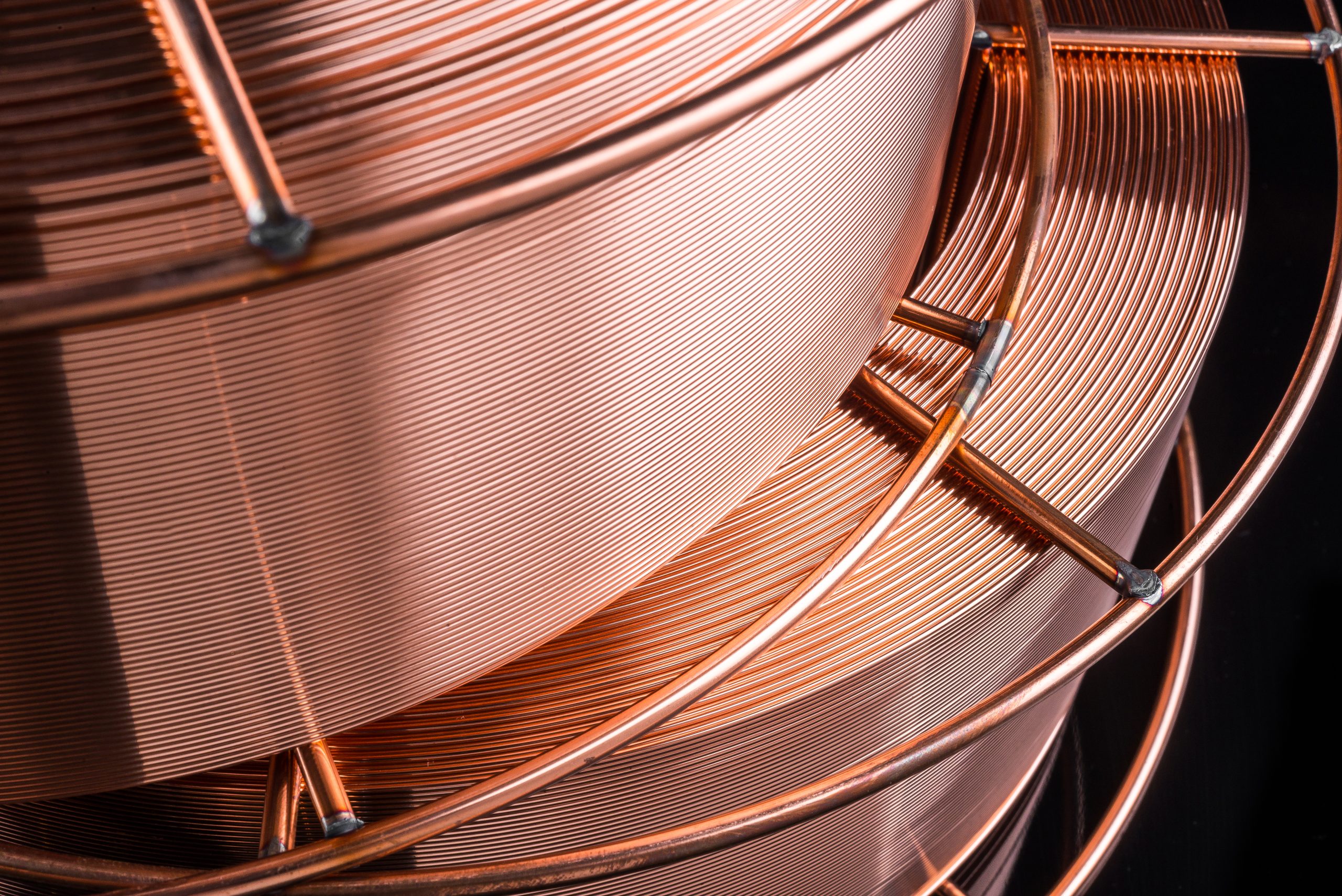Schneider Electric, a specialist in energy management and industrial automation, has partnered with Glencore, a major global mining and commodities company, to transform its copper supply chain and advance decarbonisation efforts. The collaboration focuses on using digitalisation, automation, and sustainable practices to reduce carbon emissions and improve efficiency across the supply chain. As part of the partnership, Schneider Electric will assist Glencore in implementing technologies and strategies to enhance sustainability and lower the carbon footprint of its copper production operations.
With the global shift towards electrification and clean energy, the demand for copper is projected to double by 2035, according to S&P Global. The mining industry, however, faces the challenge of meeting this growing demand while reducing its environmental impact, as it contributes to 7% of global CO2 emissions, with 75% to 95% falling under scope 3 emissions.
To address these challenges, Schneider Electric is supporting Glencore in integrating responsibly sourced materials with high recycled content into its operations, starting with a direct supply chain for its European factories. The collaboration also includes efforts to build circular supply chains by promoting the use of recycled copper and exploring end-of-life take-back initiatives for copper and other electronic materials.
Schneider Electric is deploying advanced digital technologies to help Glencore reduce emissions and enhance operational efficiency. Key initiatives include developing low-carbon procurement specifications for capital equipment, in line with Schneider Electric’s Zero Carbon Project, aimed at cutting emissions in Glencore’s operations. Schneider is also implementing fuel-switching and energy efficiency measures using power and energy management systems, equipped with analytics capabilities to monitor energy consumption and improve reporting accuracy.
In addition, the partnership focuses on decarbonising copper production by leveraging Schneider’s industrial digital transformation services, such as the AVEVA PI System and ETAP electrical simulation, to optimise power distribution and lower the carbon intensity of Glencore’s production processes. Schneider is also assisting Glencore in developing IT/OT corporate standards, deploying digital twins for mechanical and process operations, and utilising predictive analytics to improve automation and standardisation across its operations.
Rob Moffitt, President of Mining, Minerals & Metals at Schneider Electric, highlighted the significance of the partnership in driving decarbonisation. He said, “In the past, lowering emissions has been a challenge due to the complexity of supply chains, however, by leveraging digitization we are able to close the material loop and boost our circularity. This, together with integration of power and process all along the asset life cycle, is a critical component in our race towards net zero. This collaboration with Glencore reaffirms our commitment to helping companies reduce their scope 1,2, and 3 emissions following the launch of our supply chain decarbonisation programme, Materialise, earlier this year.”
Glencore and Schneider Electric are also exploring other sustainability projects, including the recycling of lithium-ion batteries through Glencore’s portfolio company, Li-Cycle. Both companies are working on a copper and electronic waste take-back programme, which would allow for the recycling of materials after use.
Jyothish George, Head of Copper & Cobalt Marketing at Glencore, expressed optimism about the collaboration and said, “We are delighted to work with Schneider Electric in a comprehensive 360-degree collaboration. We are looking to utilise their tools and solutions to digitise and decarbonise our raw material supply chains and operations. At the same time, Schneider Electric is exploring increased use of recycled content in their products, as well as exploring closed-loop solutions that enhance the circularity of their products and supply chains. This collaboration will enable both companies to establish circular supply chains, lowering their respective carbon footprints.”
